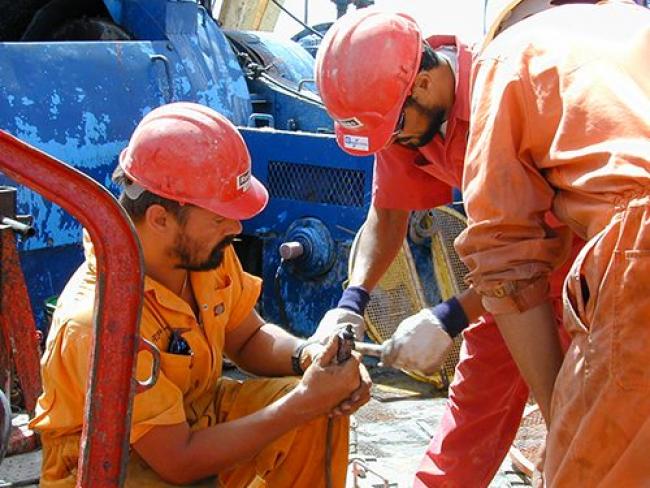Articles Menu

JUNE 8, 2021
The European Union has approved a €17.5-billion Just Transition Fund (JTF) to support communities most affected by the shift off fossil fuels, while Canadians wait for word on federal just transition legislation that Prime Minister Justin Trudeau promised two years ago, but has not said very much about since.
The EU’s approval of its “flagship” fund, which combines regular budget money with COVID-19 recovery spending, means member countries can start receiving financial support to get the transition for coal, peat, and shale oil communities under way. “Replacing carbon-heavy sectors with green industries and jobs is key to putting the EU on track for its target to have zero net greenhouse gas emissions by 2050,” Reuters reports.
Trudeau first promised a Just Transition Act in his party’s 2019 election platform, Globe and Mail columnist Adam Radwanski writes this week. “The case for that sort of effort—which could involve everything from attempts to provide displaced workers with green jobs to early retirement supports—keeps getting stronger,” he adds. That’s after the International Energy Agency issued its blockbuster net-zero by 2050 roadmap May 18 and three of the world’s biggest fossil fuel companies lost major court and shareholder battles a week later.
“But despite recent projections by bank economists that up to 450,000 Canadian jobs from the oil and gas industry could be lost during the push to net-zero emissions by 2050, there has been no discernible movement on the strategy, and the government rarely mentions it.,” Radwanski says. “Standing in their way are information gaps on the challenge itself, and the daunting need to bring together a multitude of interests to meet it. Not to mention the sensitivity of advancing policies to manage an industry’s decline owing to global forces, when parts of the country where that industry is centred suspect Ottawa of actively wanting to shut it down.”
But it isn’t as though the drive to a fully-baked Just Transition Fund has been easy for the EU. Total funding was initially set at €40 billion, then whittled down during EU budget negotiations, Reuters says. Even now, one Polish coal region’s ability to draw on the JTF will hinge on whether it carries through with plans to keep a major coal plant in operation until 2044. And in a post for Euractiv, European Bankwatch warns that “unambitious coal phaseout policies in central and eastern Europe” could jeopardize the wider plan.
But in the end, EU legislators still got the JTF done. “To receive funds, countries must submit plans to the European Commission for approval, showing how they will use the cash to transition to greener industries,” the news agency writes. “Poland is in line for the biggest share, followed by Germany and Romania. All three have coal mining regions.”
In Canada, forward movement may depend on “a lot of hard, fraught work that the Liberals didn’t fully consider when they made the commitment in the midst of a campaign,” Radwanski writes. “But difficulty is not an excuse for inaction. And there’s little time to waste in beginning the work of building a comprehensive plan to ensure that potential losers from the clean economy shift wind up winners instead.”
He suggests Ottawa get started by gathering the data to clarify “who exactly we’re talking about when we talk about oil and gas workers.” That will be a key step in finding out how many of those workers are already close to retirement, how many will need to retrain, what skills they can transfer from their current jobs to new ones, and which communities will be hardest hit.
“This issue of labour market information, I can’t stress enough how important it is,” Jim Stanford, director of the Centre for Future Work, told Radwanski.
In a study earlier this year for Environmental Defence Canada, Stanford identified 18 communities across the country that depend on fossil fuels for at least 5% of their employment. He also reported that the wider economy has created 42 jobs for each one the fossil industry has lost since the oil price crash began in 2014.
With the industry currently creating fewer than 1% of the country’s jobs, he concluded, a fossil phaseout over the next 20 years is “very feasible”.
[Top photo: Alexandre/flickr]